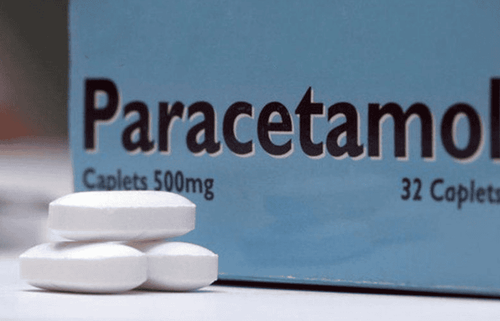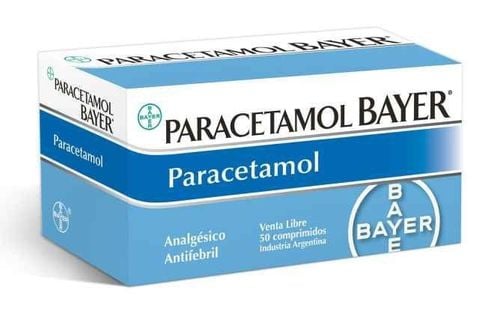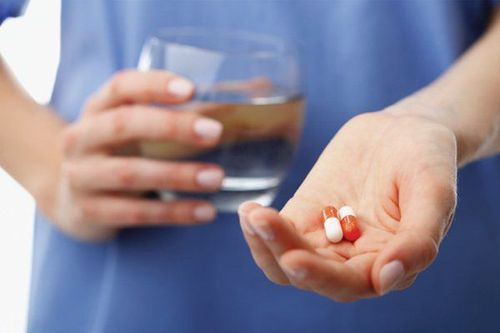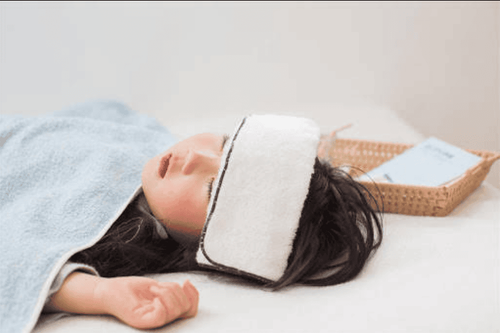This is an automatically translated article.
The article was written by Doctor Pham Lan Huong - Pediatrician, Pediatric Center - Vinmec Times City International General Hospital.Over-the-counter drugs are drugs that are sold directly to consumers without a prescription from a doctor. Medicines can come in different forms such as tablets, creams, or eye drops.
1. What are non-prescription drugs used to treat?
In general, OTC drugs are used to treat the following conditions:
Fever Coughs and colds (if the child is over 6 years old) Allergies Skin rash, skin rash or bee stings Diarrhea or constipation
2. How do parents know the dose of medicine needed for their children?
Parents need to find the "Drug Information" section on the package of the medicine, read the "Instructions for Use" section that will provide the amount of medicine to be taken and the frequency of administration.
The dose may depend on the weight of the child. If the parent does not know the child's weight, medication can be given according to the child's age.
To choose the right dose for children, parents need to make sure:
Use the dosing device that comes with the manufacturer's drug product. If the medication does not have a dosing device, parents can consult a pharmacy staff, doctor or other healthcare professional.

Phụ huynh có thể tham khảo ý kiến từ nhân viên y tế về cách chia liều cho trẻ
Read the instructions for use carefully before each use, even if the parent has given the child that medicine before. Due to different strengths of drugs, the manufacturer may change the dose of the drug. Give your child the medicine according to the manufacturer's instructions for use. Do not take more than the recommended dose.
3. Do over-the-counter medications have side effects?
Have. Over-the-counter medications can have unwanted effects. Side effects depend on the drug. In children, symptoms may differ from those of adults.4. Can two or more over-the-counter medicines be given to a child at the same time?
This depends on the active ingredient of each drug. The active ingredient of the drug is the part of the drug that has a symptomatic therapeutic effect. Each drug has at least one active ingredient.
Parents can find the drug's active ingredient names on the drug information leaflet provided by the manufacturer. It is important for parents to read drug information carefully, as many medicines for different ailments use an active ingredient. For example, fever reducers and flu medicines have the same ingredient Acetaminophen. Therefore, do not give children two drugs with the same active ingredient because it can cause an overdose of the drug leading to serious reactions, even affecting the life of the child.

Trước khi sử dụng thuốc, cha mẹ nên tham khảo ý kiến bác sĩ
5. When should parents call the health care provider?
Parents can call the doctor or nurse when:
A child has an unwanted effect or problem after taking an over-the-counter medicine A child's symptoms do not improve or get worse after taking them. over-the-counter drugs
6. Other things parents need to know
Parents can consult their child's doctor after each medical visit before the child shows signs of illness. Parents can ask what medications they can take, when to use them, and how to use them. That way, parents can know what to do when a child is sick. Ask your doctor, nurse or pharmacist how to use medicines you do not understand. Close the lid carefully after opening, and keep out of reach of children Do not use expired medicine Instructions children should not take these over-the-counter medicines such as candy, which can be dangerous if taken in excess. Call the nearest hospital emergency number if your child takes more than the prescribed dose.
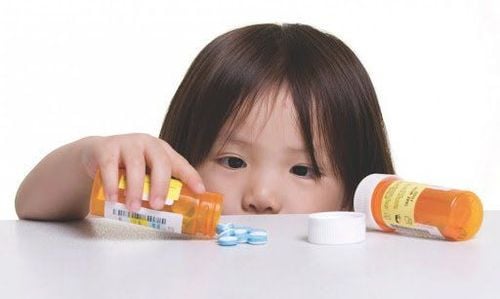
Cha mẹ cần để thuốc ở vị trí xa tầm tay của trẻ nhỏ
Customers can directly go to Vinmec Health system nationwide to visit or contact the hotline here for support.
Articles refer to the source: Update.com





